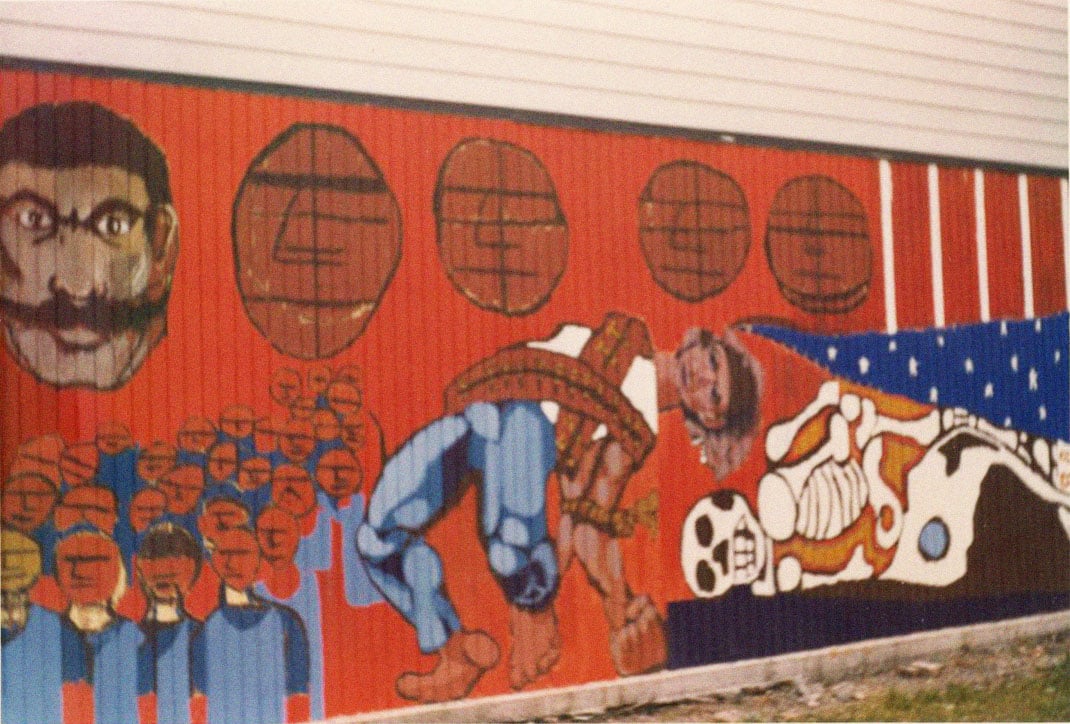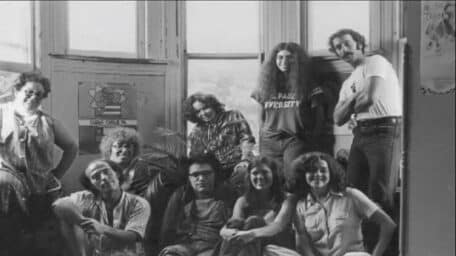Kartemquin Collective
It all started in 1966 with a camera, a verite film, Home for Life, and three friends (Stan Karter, Jerry Temaner, and Gordon Quinn) coming together and deciding to take a risk to “try to make something happen.” And make something happen they did. The collective they formed has been home to over 200 filmmakers who have influenced the field of documentary filmmaking for over five decades, examining and critiquing society through the stories of real people.
The original collective dissolved in the late 1970s and was reimagined as a production company by Gordon Quinn and Jerry Blumenthal, who continued the founders’ legacy under the Kartemquin name, a moniker that often requires as much explanation as help in its pronunciation. Learn more about the name’s origin story.
Much of the work of the 1970s and 1980s focused on social-issue documentaries, producing high quality work and mentoring the next generation of documentary filmmakers. In the mid-1990s, one of Kartemquin’s best-known films, Hoop Dreams, won several major awards and ushered in a decade of documentaries that garnered accolades from critics and audiences nationally and internationally including Grassroots Chicago and Vietnam Long Time Coming. The 2010s brought more notable works to the screen, including The Interrupters, The Trials of Muhammad Ali, and Raising Bertie, and a reinforced commitment to nurturing the next generation of talent. In 2013, the cohort model for Diverse Voices in Documentary came to life as a way of supporting historically underrepresented filmmakers.
With four Academy Award nominations, six Emmy awards, and four Peabody awards, Kartemquin has been described by the Chicago Reader as a “documentary powerhouse,” but it is the recognition for outstanding service to the film community and awards like the Altgeld Freedom of Speech Award for “unflinchingly holding up a mirror to American society” that reflect our deepest purpose. In 2019, that commitment to mission was celebrated by an Institutional Peabody Award for Kartemquin’s “commitment to unflinching documentary filmmaking and telling an American history rooted in social justice and the stories of the marginalized.”





